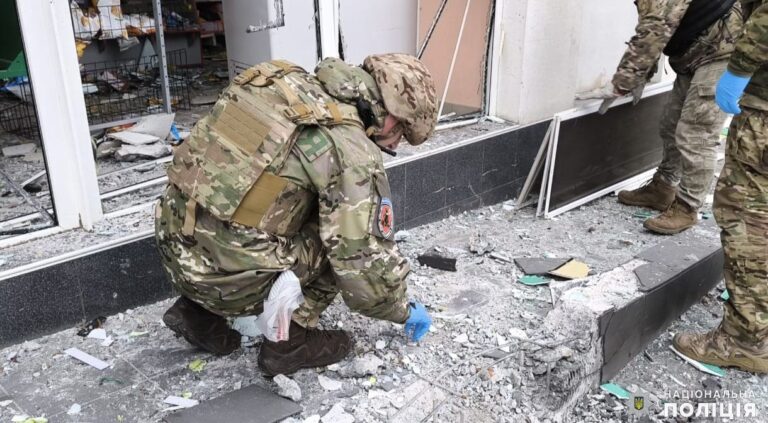European security services are bracing for a potential wave of suicide attacks, modeled to resemble Islamist jihadist operations. Intelligence suggests that Russian operatives have been refining such tactics in Ukraine, marking a troubling shift in their approach to covert warfare.
Historically, Russian intelligence has not employed suicide bombers in Ukraine. However, on February 17, 2025, in the western Ukrainian city of Kamianets-Podilskyi—far from the front lines—a local drug addict retrieved explosives from a hidden cache and hired a courier to deliver the package to a Ukrainian military recruitment center. The device detonated upon arrival, killing the courier and injuring eight others.
A similar attack occurred three days earlier in Mykolaiv, where a suicide bomber, reportedly recruited by Russian operatives, detonated an improvised explosive device (IED). According to Ukraine’s counterintelligence services, both incidents were orchestrated by Russia’s Federal Security Service (FSB). This assessment has surprised experts, as such operations typically fall under the purview of Russian military intelligence (GRU). The FSB’s involvement suggests a tactical shift—one that increasingly relies on so-called “compatriots” to carry out attacks.
There is growing concern that Russia may soon deploy suicide bombers in Europe, using Russian migrants to fuel instability and bolster the appeal of far-right political movements, many of which receive Kremlin backing. Western intelligence agencies have obtained information about a newly formed Russian unit tasked with sabotage, assassinations, and espionage in Europe and North America. This clandestine organization, known as the Special Tasks Department (SSD), reportedly operates under Russian military intelligence and coordinates covert actions against the West.
If confirmed, the use of suicide bombers could be part of a broader inter-agency strategy within Russia’s security apparatus. However, the FSB’s involvement raises the likelihood that Russian or Ukrainian nationals—many with relatives in Russian-occupied territories—could be coerced into carrying out attacks. The FSB has previously used blackmail tactics to pressure Chechen migrants in Europe into collaboration.
Given these developments, security analysts believe Russia may soon conduct a series of suicide attacks targeting military, energy, and government infrastructure across Europe, with Germany, France, the United Kingdom, Austria, and Poland considered the most likely targets.




